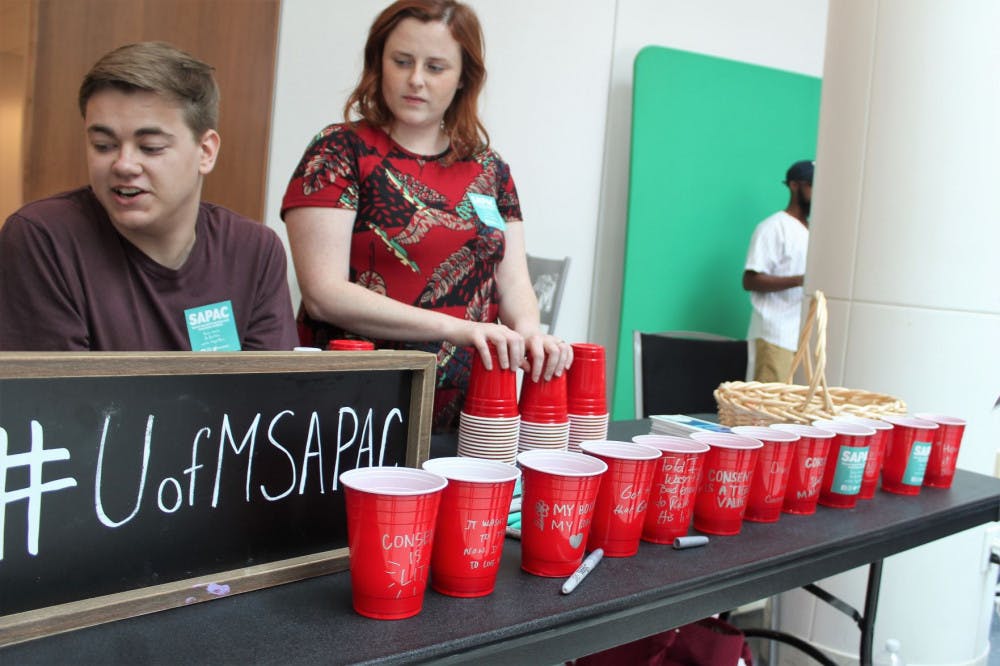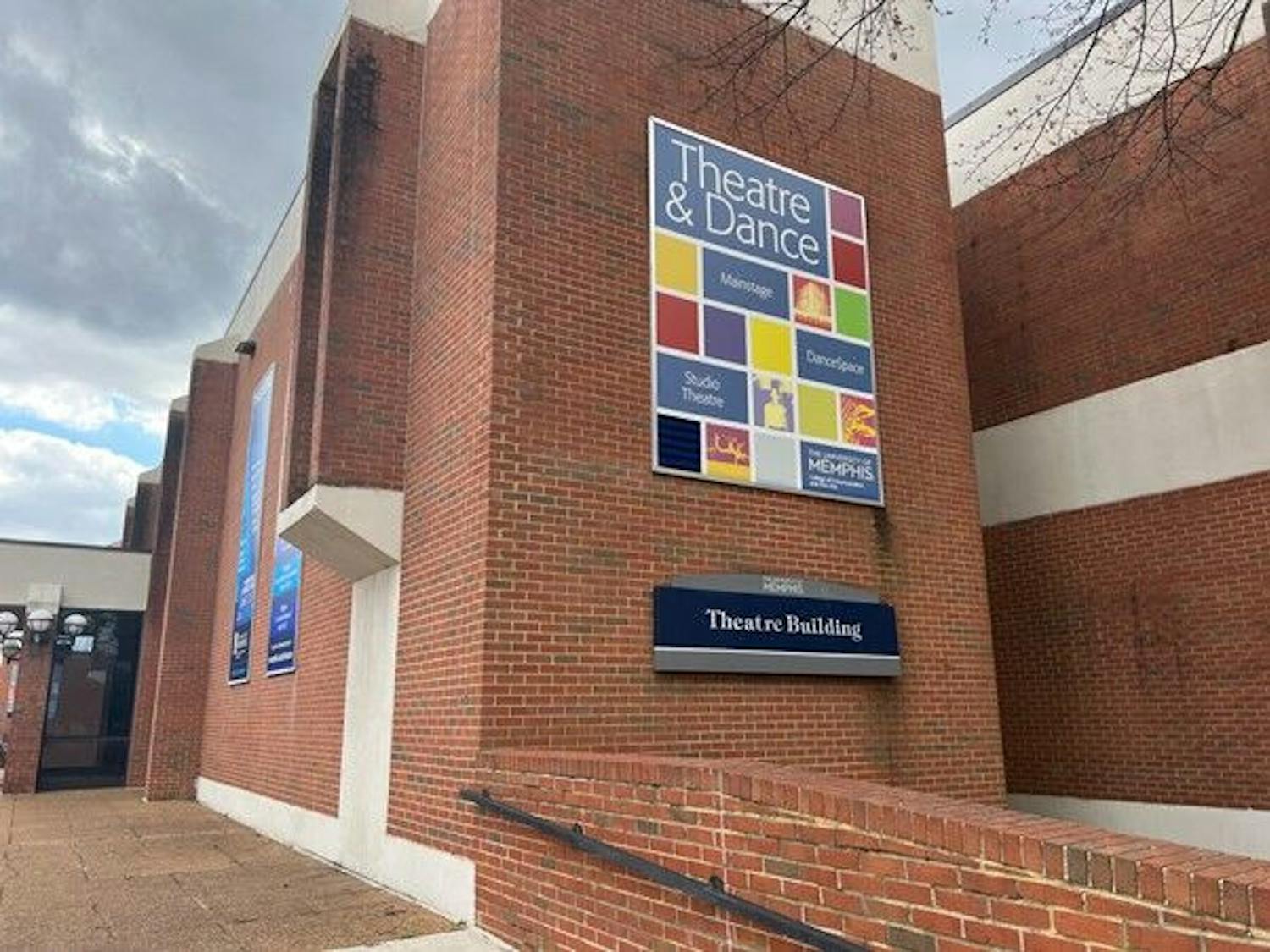The University of Memphis Sexual Assault Prevention and Awareness Coalition (SAPAC) wants to reduce sexual assault on campus by educating students about consent and raising awareness of what consent is.
Addie James, a U of M graduate assistant and director of marketing and public relations for SAPAC, said consent must be understood by both parties through either physical or verbal cues.
“According to the Office for Institutional Equity, consent is a freely given and informed decision to participate in mutually agreed upon sexual activity,” James said. “Consent can be communicated through mutually understandable words or actions.”
James said consent can be withdrawn at any time and cannot be received from someone who is not in complete understanding of what they are agreeing to.
“Consent cannot be given by anyone who is asleep, unconscious or mentally or physically incapacitated, by anyone who is incapacitated through the effects of drugs or alcohol or by anyone who is under duress, threat, coercion or force,” James said.
SAPAC advisor and U of M Title IX prevention specialist Abby Kindervatter said the organization started when students expressed their concern about sexual assault during college.
“This organization started last year as a response to students’ concerns about wanting to do more in terms of preventing sexual assault, dating violence, domestic violence and stalking,” Kindervatter said. “Two students founded it, and now we have a full exec. board.”
Kindervatter and her team provided cups for students to express the meaning of the word “consent” Wednesday afternoon in the University Center. Kindervatter said the program was created to teach students that sexual assault is prevalent on college campuses and to be cautious of that.
“These are called consent cups,” Kindervatter said. “We know that often times there is a connection between alcohol use and sexual assault, and consent is a really important concept to know, so on the cups people write their messages of consent.”
Although victims of sexual assault are more commonly women, many men have also been sexually assaulted. According to the U of M Office of Institutional Equity, one in 10 men are victims of sexual assault, while one in four women are victims.
Derrick Morris, a member of SAPAC and a double major in psychology and sociology, is a sexual assault survivor. He joined SAPAC to help other students understand consent and spread awareness for sexual assault.
“I became involved with SAPAC after my mentor helped develop ACAD presentations … around consent and healthy relationships,” Morris said.
After becoming involved with the organization, Morris felt the need to help others by relating his personal experience as a victim to others.
“For me particular, as a survivor of sexual assault, I felt like it’s great to be able to talk about this openly with other people and be educated people about it,” Morris said.
U of M student KeNasha Moffett said she knows consent must be verbally communicated between both partners before sexual activity. Moffett said student groups like SAPAC are important because they spread awareness of an uncomfortable issue.
“Consent means getting a verbal ‘yes’ from somebody to participate in any kind of sexual activity, like touching in any kind of way,” Moffett said. “It’s really important because sexual assault is a big thing, and a lot of people don’t necessarily know all of the rules and feel really uncomfortable talking about it.”
Students can go to the U of M Counseling Center to seek help with recovering from a sexual assault, as well as use other campus resources that are available.
Students write inspirational messages on the red Solo cups about consent or what consent means to them. The Solo cups represented the use of alcohol and how most assaults happen when alcohol is involved.






